
Win-Win for Poole Students and Trophy Brewing
As Ariel Latta, a senior in business administration, interviews for jobs, she’ll be able to talk about the process of creating an integrated brand strategy from start to finish, and the impact it had on the company she worked with: Raleigh’s Trophy Brewing Company.
She’s not alone. Over the course of the past three semesters, more than one hundred students in Dr. Heather Dretsch’s BUS 465 course, Traditional and Digital Brand Promotion, at NC State’s Poole College of Management have taken part in a practicum focused on Trophy Brewing Co., providing marketing solutions that Trophy has and will continue to implement in its business operations.
“I have been able to use my experience with this project in several interviews so far,” Latta said. “It is always a main talking point because it is easy to explain results and relate the skills to a real-world project.”
“I’ve had a couple of people comment on how these are practical skills and the creativity really shows through.”
Creating a real-world experience
Dretsch, assistant professor of marketing, joined the Poole College of Management faculty in 2014, and later sought to create an undergraduate business course that would bring together students and local businesses. She envisioned an innovative practice that would offer students real-world experience and, at the same time, bring academic theory and knowledge to businesses to help them solve problems.
“I wanted students to work on a real-world marketing project across the semester, where they could apply the theoretical, but also gain practical, hands-on experience,” Dretsch said.
Students were able to offer insights and creative solutions to marketing challenges keeping Trophy up at night. The students ended up presenting them with ideas that were on-brand, on-point, and actionable to them.
As she developed the course, she gave students a lead role in co-creating it. They helped think about the companies they’d like to work with, voting on ideas, and then reaching out to those companies selected to let the companies know students would be working on their brand in class.
When students reached out to Trophy, the founders, Woody Lockwood and Chris Powers, were immediately receptive, Dretsch said. Students first teamed up with Trophy in the fall of 2017, and a new group worked with them in the 2018 spring semester. That continuous engagement allowed Trophy to become more involved with the students, and allowed her to tailor her teaching of leading consumer behavior theories and best practices the students could directly apply, she said.
Over the summer, conversations between Lockwood, Powers, and Dretsch led to their largest collaboration to date: During the 2018 fall semester, student teams worked on nine specific projects for Trophy, rather than focusing on the overall brand.
“That was one real success point for this semester,” Dretsch said. “Students were able to offer insights and creative solutions to marketing challenges that were keeping Trophy up at night. The students ended up presenting them with ideas that were on-brand, on-point, and actionable.”
The Fall 2018 project took place in four stages, each with its own value-added deliverable to the client:
- The company kickoff presentation: Trophy founders visited Poole to share the history of the company, brand, values, and future plans. The students then visualized the Trophy brand’s associations in the form of a “brand concept map”.
- Data analysis: To generate insights that served as the cornerstone of their marketing strategy, students designed their own market research on Trophy’s target audience. In most cases, in-person or online surveys targeted viable millennial segments in Raleigh, while others involved conducting in-depth interviews with actual Trophy customers. Students also analyzed relevant data Dretsch collected through Poole’s Consumer Behavior Lab. A strategy brief synthesized the findings.
- Media plan: Students aligned their media objectives, considered integration among proposed brand promotional tools, and planned a budget.
- Final presentation of creative: Trophy’s founders and other members of the team were on site at Poole in December, as students presented not only consumer insights but also actual creative materials they developed and proposals for implementation.
Based on Trophy’s needs and students’ own skill-sets, students were able to focus on a broad range of topics.
Latta and other members of her student team, for example, researched the type of customer Trophy has currently, and then identified a target market on which they’d focus. They researched social media platforms used by that market, and created a marketing strategy to implement content on new channels, she said. As they dug deeper in their project, the group of students created rough drafts to showcase the artwork they envisioned being broadcast across the channels, and created a budget using industry pricing standards.
“My group created an ad to be run on Tinder, with the idea that the Trophy Husband was looking for the Trophy Wife,” Latta said. “We were told that they had never been presented with that idea before, and it was intriguing – which I personally took as a compliment.”
Student impact
As students work to apply the theory they learn in the classroom to the real-life business world, they are also able to practice their skills in a setting where they can receive feedback and work in teams, Dretsch said.
That is something Caroline Rapp, a senior in business administration, was quick to note.
“The project gave us the confidence we need to enter the real world ready to work with companies and pitch them our ideas after researching and putting time and effort into understanding their business,” she said. “I valued how much marketing research experience I got, and I feel more prepared to take on a project like this after graduation.”
It also provides for hands-on experience from which they can draw during job interviews, as Latta mentioned.
The interviewer was incredibly impressed,” she said. “We talked about the details of the project for most of our time together.
“Most of my students say this is a Poole College experience that they have either drawn from in interviews, or has changed their career plans,” Dretsch said. “They learn something about themselves along the way; it’s a confidence builder, and it’s opened many doors for them.”
Take Emma Isaacson, a junior in business administration, who said she spoke about the Trophy project in a marketing internship interview.
“The interviewer was overly impressed,” she said. “We talked about the details of the project for most of our time together.”
Students have landed summer internships following their junior year, and have found it has helped them land jobs upon graduation, Dretsch said.
“I know that it matters,” she said. “I’m finding it’s making a huge impact on their careers.”
Applicable results
While the impact on students is paramount, it should also be noted that the impact on Trophy Brewing has been significant as well.
In that first semester of fall of 2017, Lockwood and Powers participated by attending the final presentations by students.
“That was the first time we met (Heather) and the students,” Lockwood said. “From there, Chris and I realized what a valuable thing it would be, and we let her know that we wanted to be involved.”
They saw the immediate benefit to their business, but also saw the benefit to the students as well.
“The more that we could be a part of it from the beginning, share our story, put faces with it…I think it means a lot more to the students,” Powers said.
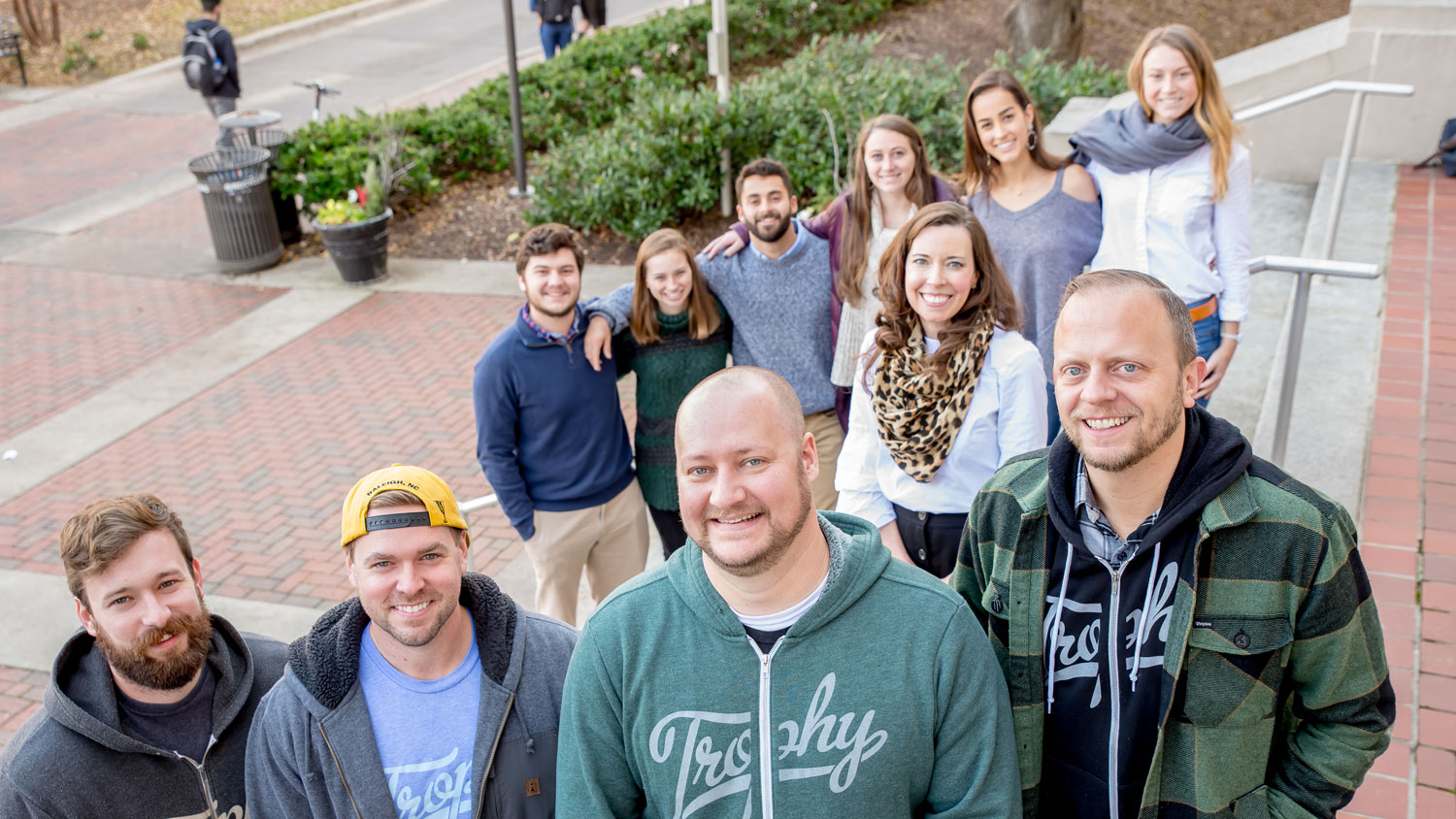 That increased involvement also meant the two had some input into the direction students took with their work, he added. Through conversations with the two founders, and members of their staff, students were able to see the marketing needs they could fill, as well as get a true sense of important considerations such as Trophy’s actual marketing budget.
That increased involvement also meant the two had some input into the direction students took with their work, he added. Through conversations with the two founders, and members of their staff, students were able to see the marketing needs they could fill, as well as get a true sense of important considerations such as Trophy’s actual marketing budget.
Because students did market research in their projects, it provided Lockwood and Powers with a direct view into how their customers see Trophy Brewing Co., and provided fresh marketing ideas they hadn’t thought of themselves, Lockwood said.
“Things like social media channels that we don’t think about using –– there are a dozen ideas that we hadn’t thought of that seem so obvious when we listen to these presentations,” he said.
In subsequent semesters, the Trophy founders and their staff were active participants throughout –– presenting to the students on campus, as well as inviting students into their various businesses. In addition to brewing beer, the Trophy brand also includes restaurants and event space. Depending on their subject of inquiry, students visited the restaurants, took photos, did surveys and interviews, and took video, all with the owners’ blessing.
“It’s become really, really helpful to get more involved in the beginning, and give the students an idea of who we are and telling them the type of business that we like to run,” Lockwood said.
This semester, at the end of the first day of student presentations, we were all standing there smiling,” Lockwood said. “We really nailed it, we really got on the same page.
The end result is what Lockwood calls a “huge list” of ideas and plans to implement, from exploring social media avenues that they’re not using, such as YouTube, to proposals for new beer labels.
“This semester, at the end of the first day of student presentations, we were all standing there smiling,” Lockwood said. “We really nailed it, we really got on the same page.”
It’s a process that Lockwood and Powers said they’re looking forward to in future semesters. Fortunately, they won’t have to wait long, as a new set of projects is already underway for Spring 2019.
“To meet with these students who are in Raleigh and take pride in Raleigh meant a lot to us, and they put in a lot of time,” Powers said.


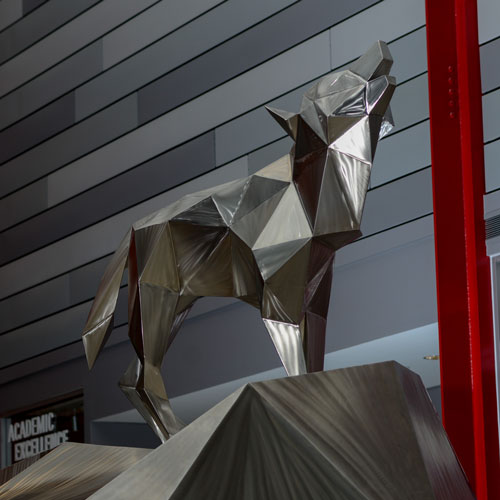


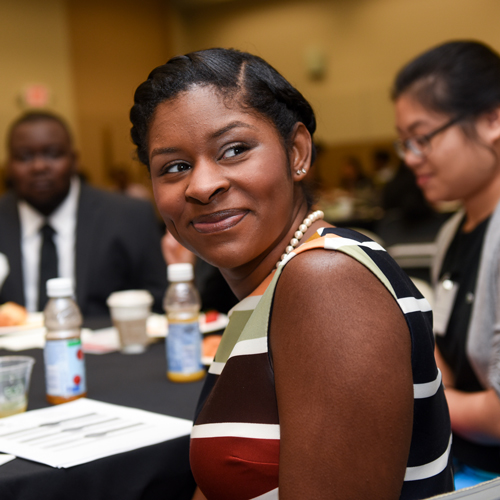

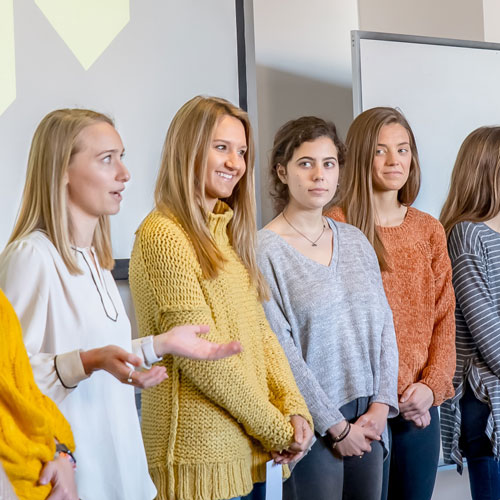
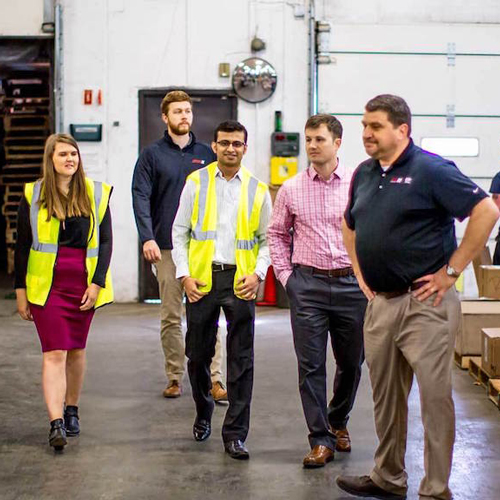
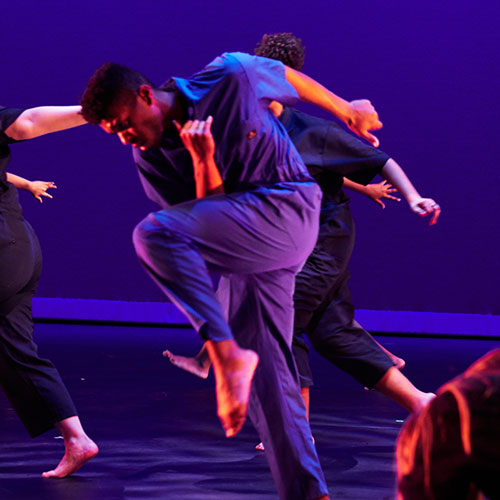

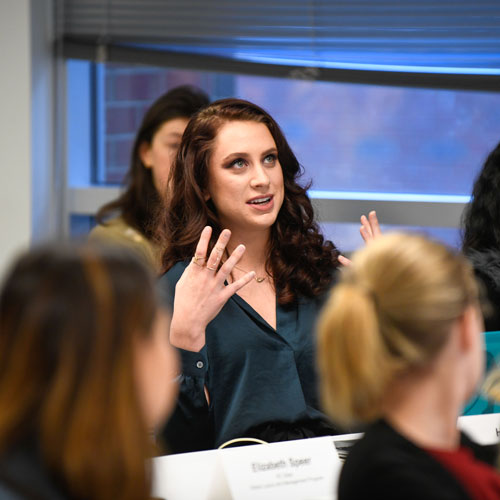
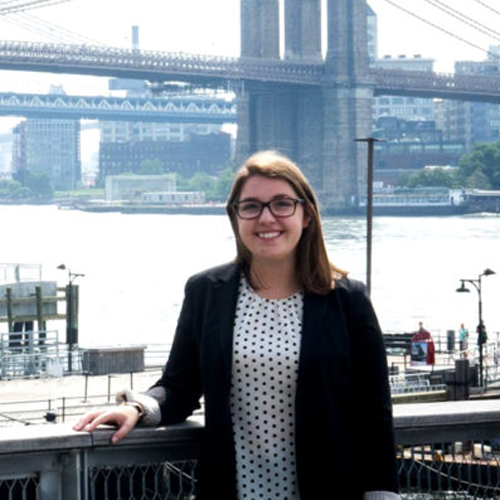

View Comments 0